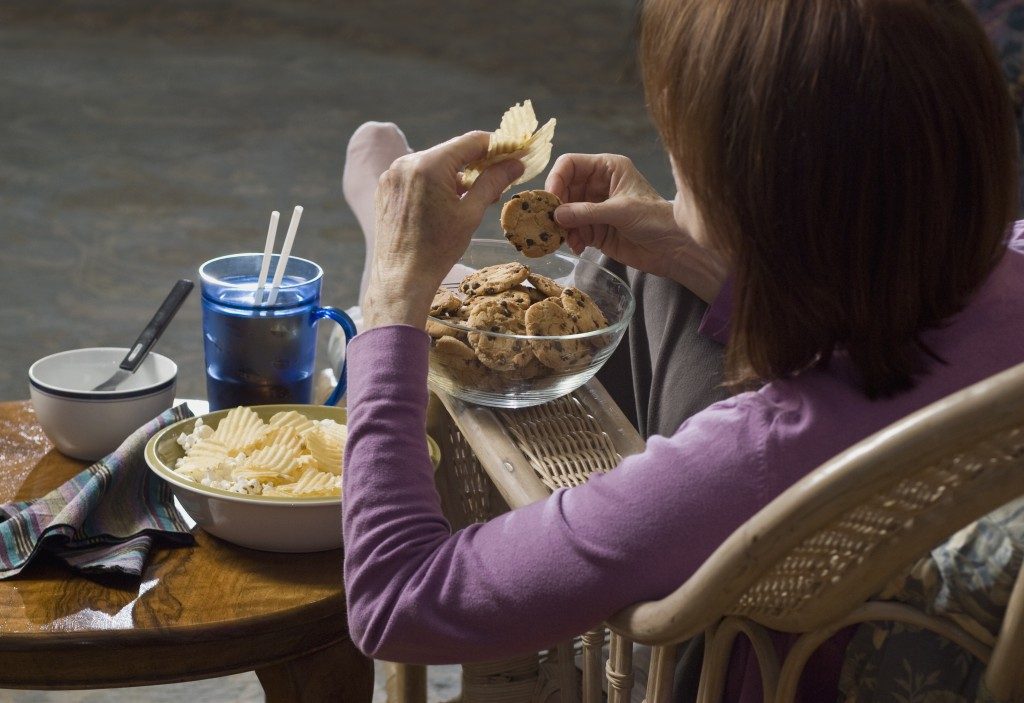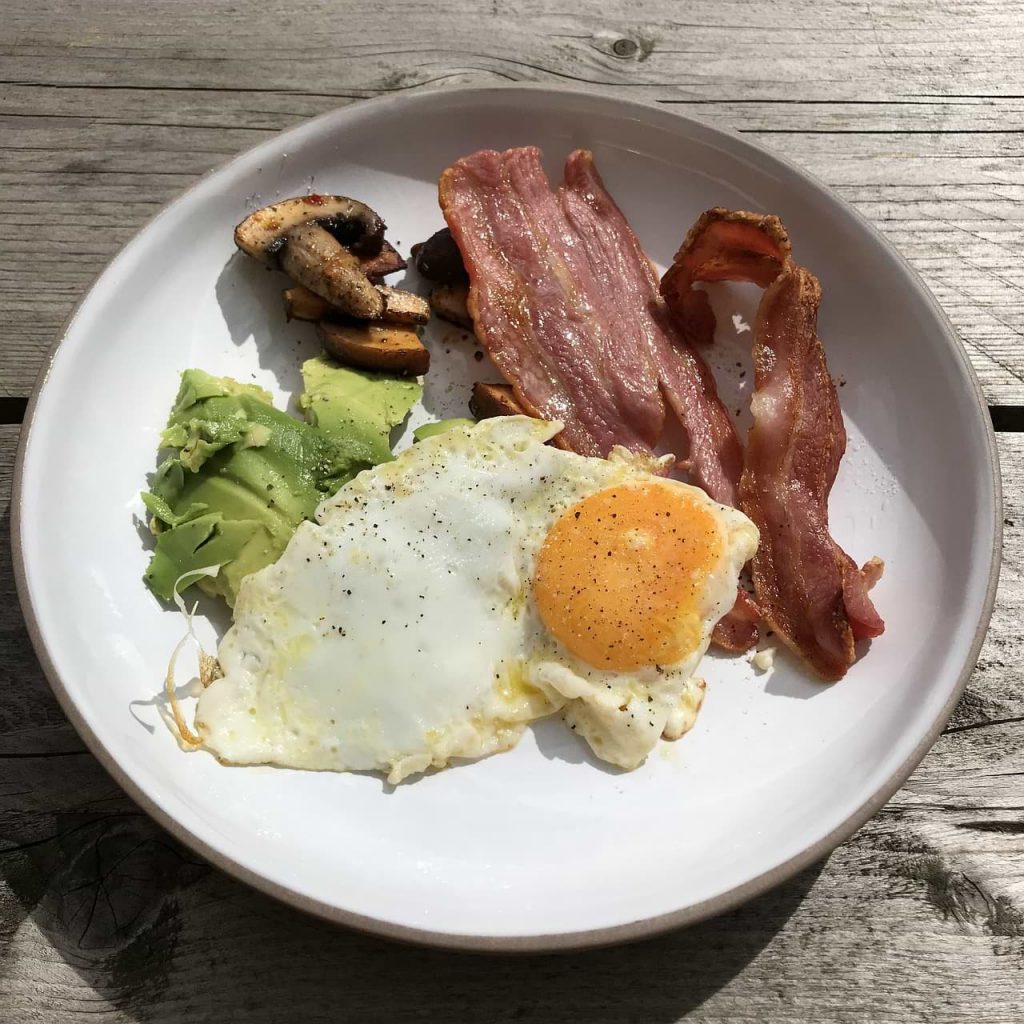It’s among those little everyday parenting struggles that can quickly turn into a huge crying fest fiasco: making kids take their medicine.
Most of the time, it’s really the bitter taste of the antibiotics and the drugs that’s to blame. Other times, they had a negative experience in the past that’s attached to taking meds. Nonetheless, not even the classic approach of sit-down-and-explain or the here-comes-the-choochoo-train, seems to work. If you don’t have any option left, here are some smart tactics to try:
Allow kids to have some control.
One of the reasons children refuse to take meds is because they feel helpless around it. You want to give them a sense of control of the situation so they would own it. If they’re already a bit older, perhaps you can let them take the pill themselves from the bottle or allow them to pour the liquid onto the spoon on their own. If they’re still younger, then pretending play can help.
Let them play as the doctor to their favorite doll or teddy bear. Tell them that they need to “model” good health to their “patient,” and so they should show how good patients take their meds. If applicable, you can also ask your child when they want to take it — before bedtime, after bath, during meals, etc. The principle is to give them back that sense of control.
Improve the meds.
Another reason kids are hesitant towards medicine time is everything about it is unpleasant. It tastes bitter and it smells like their least favorite veggie. It’s even hard to swallow. If these are your kids’ problem, then consider customized meds.
There are Stony Creek compounding pharmacies that tailor drugs according to unique patient needs, preparing medications with chocolate or bubble gum flavors or in the form of candies, gummy treats, or lollipops made especially for kids. These pharmacists can talk about the ingredients of the meds to pediatricians, so the doctor can prescribe it to you. Custom-compounded meds are also the best option when there’s a certain dose recommended to your child that’s not available in traditional pharmacies.
Be mindful of your non-verbals.

Even if you give a long talk about the value of taking medicines or tell your kids that it tastes like chocolate now, they really won’t budge if they perceive that you’re equally uncomfortable with it. In other words, it’s not just the words that you tell that speak so much, but your non-verbals too.
You may not be aware of it, but perhaps you yourself flinch at the sight of your kid tasting the meds, probably due to your own experiences or just the unintentional copying of your child’s facial expressions. Kids notice these seemingly trivial non-verbals, so be aware of them. Keep your mind and body relaxed during medicine time. Put on a smile. Maintain eye contact with your kid. When they see your positive attitude, they would catch it too.
It’s always a tough act for parents to convince their kids to take their meds. But, there are lots of ways to get them to do it — even make them look forward to it. Just be patient, know what’s holding them back, and from there, you can address the problem.



